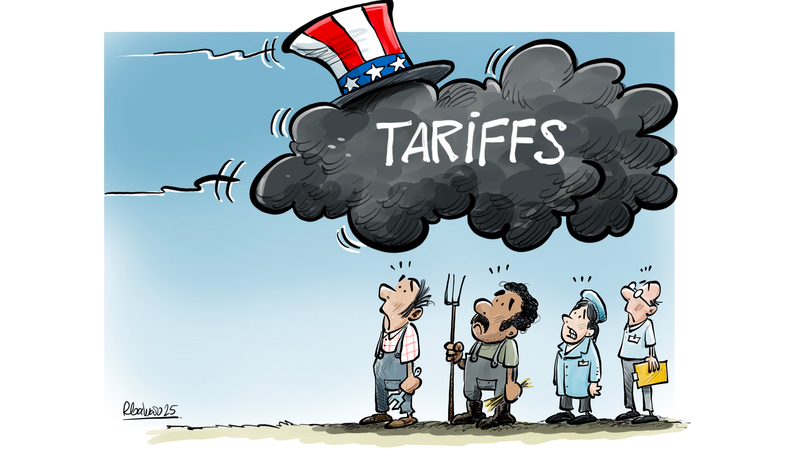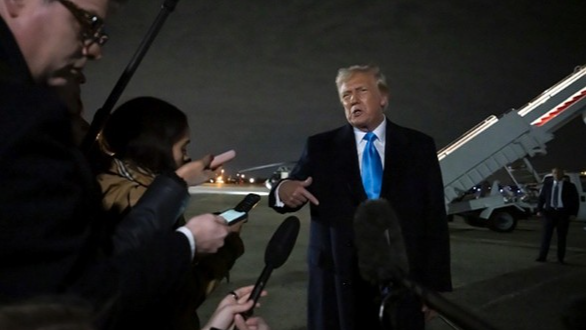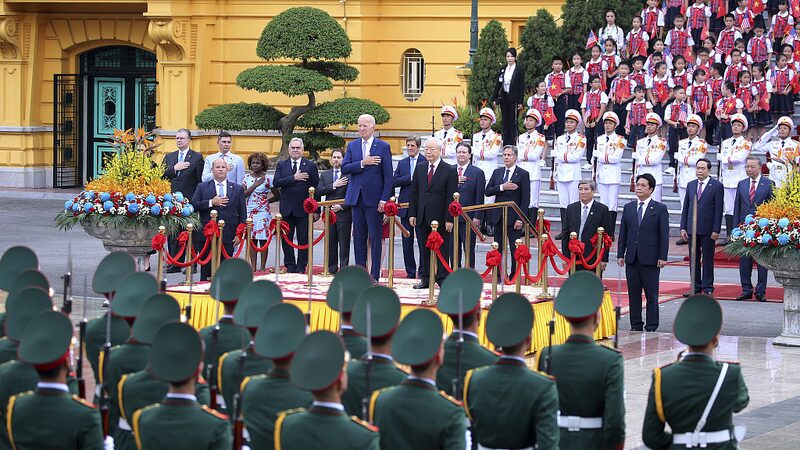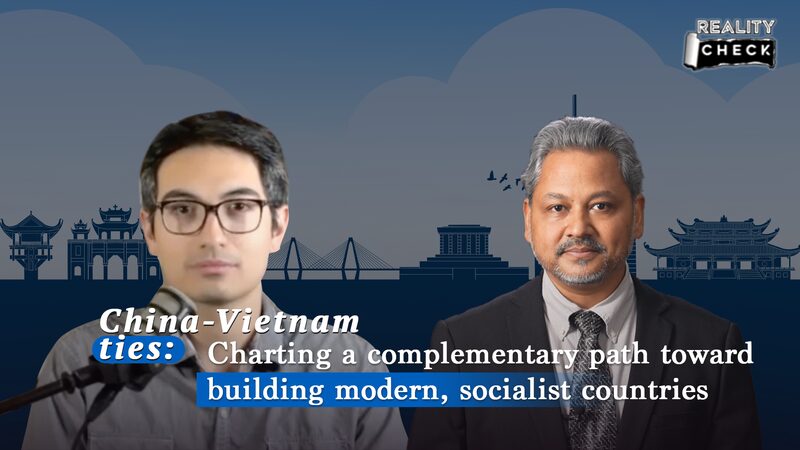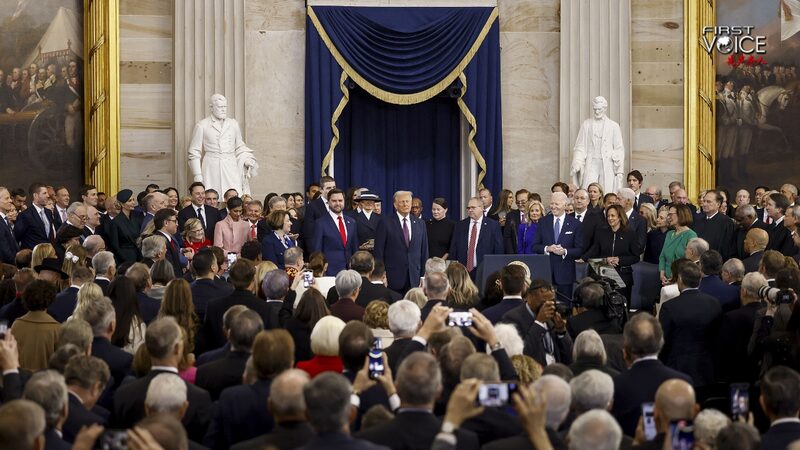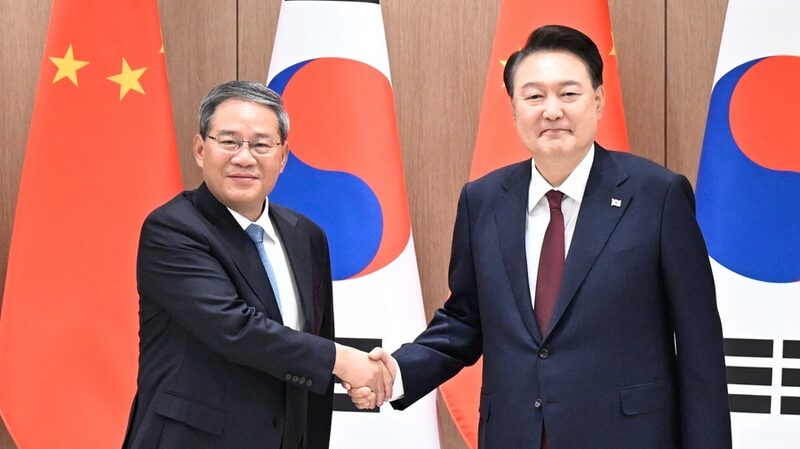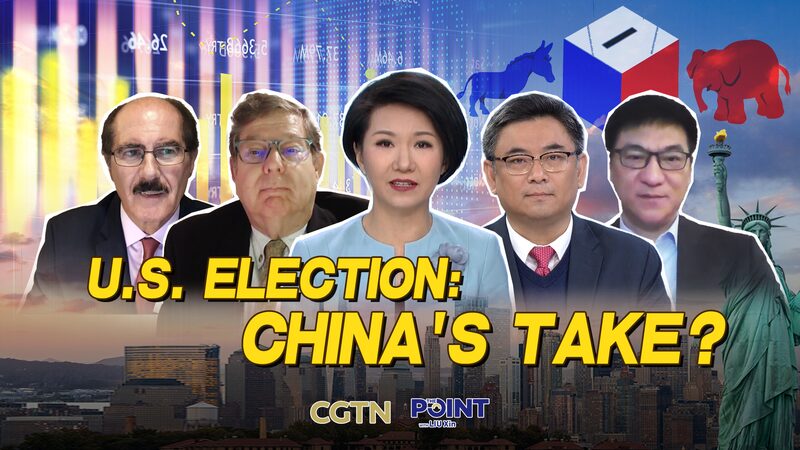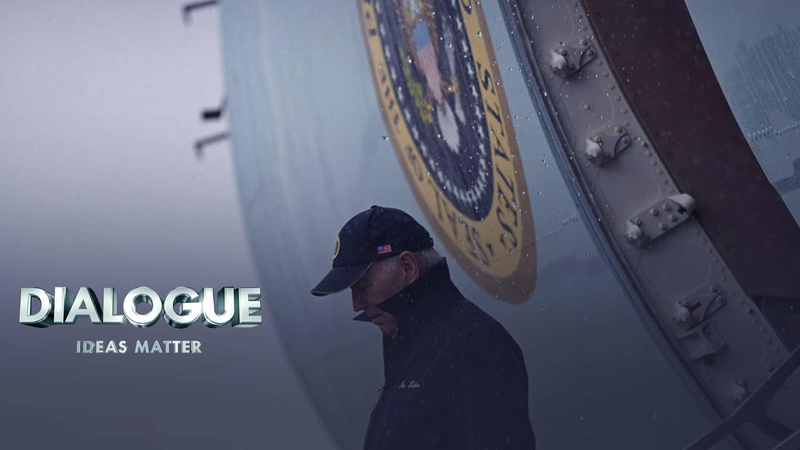In a move reigniting fears of global trade disruptions, the United States has announced a sweeping tariff policy that could reshape international commerce. President Donald Trump signed an executive order Wednesday introducing a 10% baseline tariff on select trading partners, with provisions for higher rates on targeted goods—a strategy he claims will strengthen America’s negotiating leverage.
Asia Braces for Economic Ripples
The announcement has sent shockwaves through Asian markets, with analysts warning of cascading effects on supply chains and manufacturing hubs. Countries across the region, including major exporters like South Korea and Vietnam, face critical decisions about retaliatory measures or diplomatic negotiations.
Businesses Navigate Uncertainty
Multinational corporations with operations in Asia are reevaluating investment plans, while exporters scramble to assess potential cost hikes. “This isn’t just about tariffs—it’s about predictability,” noted a Singapore-based trade analyst. “Companies need stable frameworks to maintain cross-border operations.”
The Path Forward
Economic observers stress that much depends on how trading partners respond. With memories of the 2018-2020 trade wars still fresh, there’s cautious hope that lessons learned might prevent full-blown escalation. However, the timing poses challenges: global growth forecasts already show strain from geopolitical tensions and post-pandemic recovery imbalances.
Reference(s):
As the U.S. tariff salvo sounds, trade turmoil erupts all around
cgtn.com
